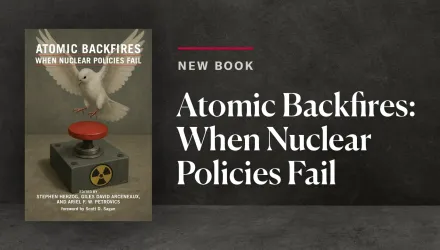Introduction
Throughout the 1990s multilateral interventions deviated significantly from their predecessor missions in a number of important ways. For one, the central characteristics of traditional peacekeeping missions - the use of force for self defense only, the interposition of troops after a ceasefire and the maintenance of tactical and strategic impartiality - no longer provided the delimiting boundaries for presumed mission success. Second, intrastate conflicts proved to be decidedly more complex and often more deadly for both the belligerents and peacekeepers as well as ordinary citizens caught in the fray. Third, in order to execute functions such as guaranteeing the safe passage of humanitarian assistance, assisting displaced persons, and stopping the killing of ordinary citizens, peacekeepers often resorted to more forceful measures.
Responses to this sea change have been twofold. On the one hand, many observers have concluded that the key principles informing conventional, essentially peaceful, missions are problematic if not anachronistic in an era dominated by armed conflict within rather than between states (Wallensteen & Sollenberg 1997; Smith 2000). Following on the controversial results of the NATO campaign to stop the killing in Kosovo, the peacekeeping nations have undertaken efforts to improve the quality of responses to complex intrastate conflicts. Such efforts draw on recent studies on UN security reform commissioned by the United Nations General Secretary, such as the Brahimi Report (2000) and the findings of the International Commission on Intervention and State Sovereignty (2000). Among the recommendations of these reports is the call for the development of more meaningful criteria for distinguishing between the cases where intervention should be more forceful, or when it should employ less dramatic means.
Carment, David. “The Role of Bias in Third Party Intervention: Theory and Evidence.” Edited by Von Euw, Michelle. Belfer Center for Science and International Affairs, Harvard Kennedy School, October 1, 2001







